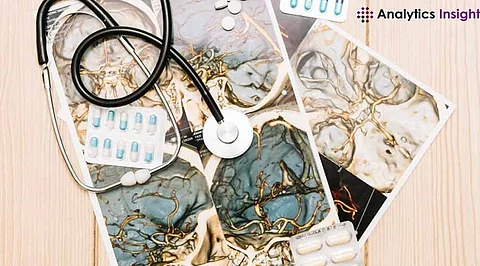

AI is transforming drug research and making the process faster and more efficient. The drug development framework has set up increasing AI integration by pharmaceutical companies across different development stages. AI training that is mandatory at Johnson & Johnson has become a standard requirement for more than 56,000 workers to build their technological proficiency.
AI dataset analysis identifies prospective drug candidates from large compilations of information. Taking one case as an example, the Olivia Newton-John Cancer Research Institute located in Melbourne teams up with Hewlett Packard Enterprise to develop digital twins of tumors. This approach predicts how tumors respond to treatments and aims to improve patient outcomes.
The predictive strength of artificial intelligence supports clinical trial activities. Researchers from Mass General Brigham engineered an artificial intelligence program which scans brain wave patterns recorded during sleep. The predictive tool designs a pattern for cognitive decline. This helps detect potential dementia early enough or years before symptoms appear.
Through such capabilities, AI plays a critical role in identifying new antibacterial substances. Scientific researchers at the MIT Jameel Clinic have gone ahead and used deep learning techniques in May 2023 to discover abaucin. It is an antibiotic targeting Acinetobacter baumannii, a highly resistant bacterium
Several companies are leveraging AI for drug discovery. An example of such is Isomorphic Labs, which is a subsidiary of Alphabet Inc. Isomorphic Labs was founded by Demis Hassabis and it uses AlphaFold technology from DeepMind to predict protein structures. As a result, this facilitates the identification of new drug targets.
Looking at a country like Australia, the largest health company called CSL, is also incorporating AI into its research and development programs. Through this integration, CSL and other organizations aim to boost drug discovery by a big margin as well as develop personalized treatments for serious diseases.
The usage of AI in drug research means that new medical approaches are becoming more efficient and tailored for individuals. At this point AI has too many advancements for people to predict, however, what people do know is that it is going to revolutionize how to treat and take care of patients in the future.
